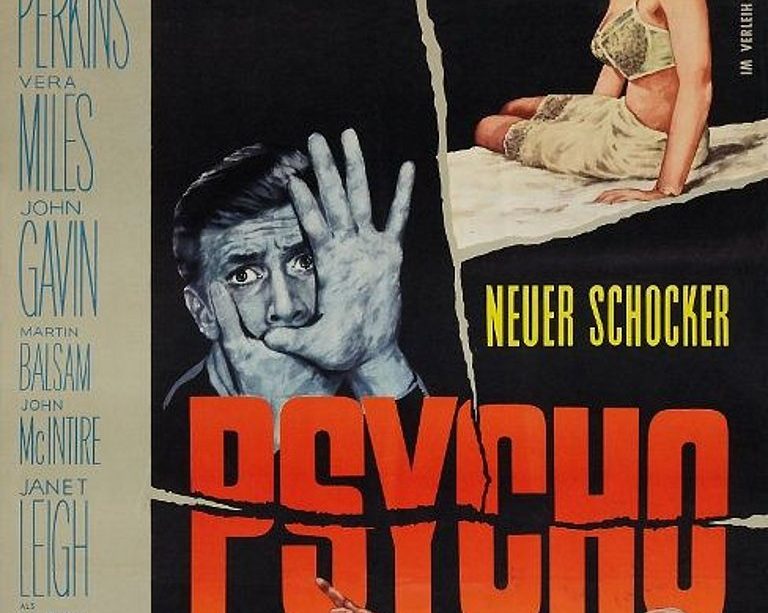Alfred Hitchcock’s Psycho: The Evolution of Horror Film

Introduction
Alfred Hitchcock’s Psycho, released in 1960, remains one of the most influential films in cinematic history. Its pioneering narrative techniques and psychological depth have significantly shaped the horror genre and still resonate with filmmakers and audiences today. As we revisit this classic, it is essential to understand its importance and the ways it transformed the landscape of suspense and thriller films.
The Making of Psycho
Adapted from Robert Bloch’s novel of the same name, Hitchcock’s vision for Psycho was ambitious. The film’s most iconic scene—the shower murder—was groundbreaking, employing innovative editing techniques and sound design that heightened suspense and terror. Hitchcock’s decision to use a black-and-white palette allowed for a stark contrast, making the blood more striking and the atmosphere more chilling.
Furthermore, Hitchcock faced significant obstacles due to the film’s controversial themes, including transvestism and violence. He navigated these challenges by using clever marketing strategies, including placing restrictions on viewings and significant publicity stunts. As a result, Psycho became a box office success, drawing audiences eager for heightened thrills.
Impact on the Horror Genre
Upon its release, Psycho transformed the horror film, steering it away from the campy monsters and supernatural tales that had dominated the genre. Hitchcock introduced a psychological component that fostered a more profound fear, one that stemmed from human behaviour rather than the supernatural. The character of Norman Bates, played masterfully by Anthony Perkins, showcased the complexities of a disturbed mind, establishing a template for villains in future horror films.
Legacy and Modern Influence
The implications of Psycho extend beyond its initial release. It influenced a generation of filmmakers including Martin Scorsese, Brian De Palma, and Wes Craven, who drew on Hitchcock’s techniques and themes in their works. The film’s score, composed by Bernard Herrmann, has become iconic, often emulated but never replicated, further cementing its legacy in cinematic history.
Conclusion
As we reflect on Alfred Hitchcock’s Psycho, it is clear that its significance in film history cannot be overstated. The film redefined the thrill of horror cinema and introduced viewers to the complexities of human psyche, a topic still explored by filmmakers today. Its influence on visual storytelling, character development, and thematic depth continues to inspire and challenge audiences. As we look ahead, Psycho‘s legacy promises to endure, shaping the narrative of what horror can achieve in cinema.









